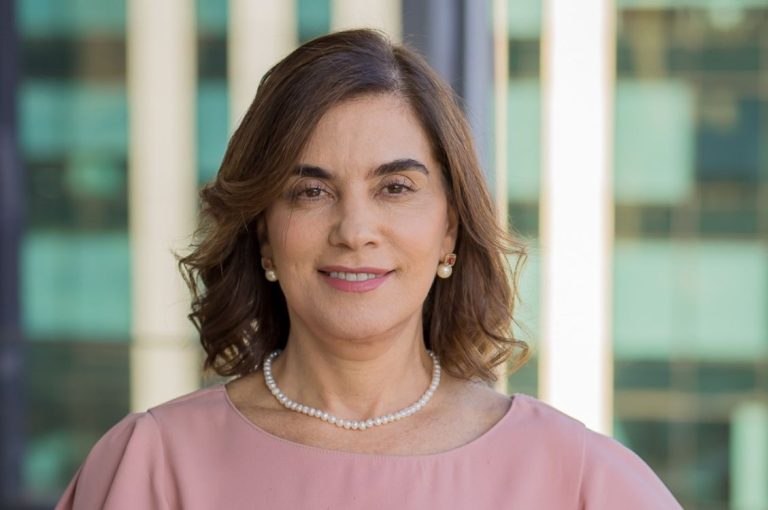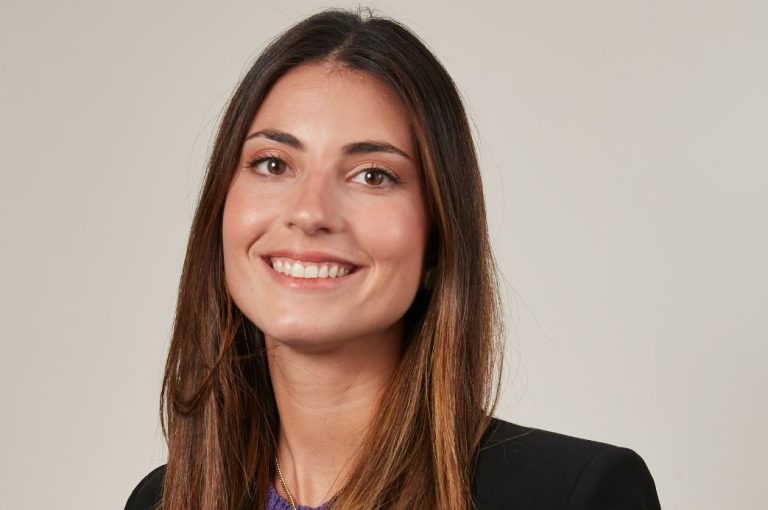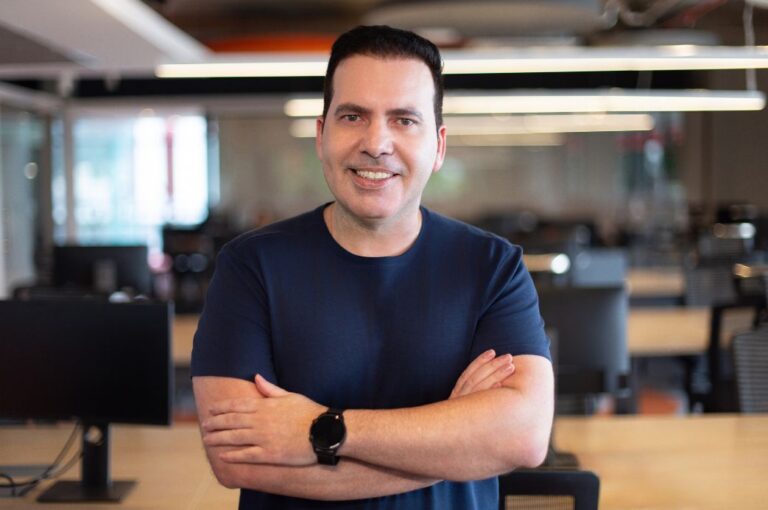The 2022 Census, recently released, revealed a significant growth in the Brazilian elderly population. According to the data, the group reached 31.2 million individuals, representing 14.7% of the total. This significant increase, of 39.8% between 2012 and 2021, highlights a major demographic change, with broad implications for several areas, including the economy, health and public policies.
The growth of the elderly age group drives the so-called silver“economy”, which refers to the market aimed at meeting their needs.With the increase of the public in question, sectors such as health, leisure, services and technology aimed at the elderly have shown rise. This phenomenon not only generates new business opportunities, but also demands strategic planning to ensure the well-being and quality of life of this growing portion of the population.
For Jessica Ramalho, co-founder of Acuidar, a network of specialized caregivers, the increase in the number of elderly in the country requires even more attentive and qualified care. “A demand for caregivers grows at the same rate as the elderly population. Our goal is to provide care that goes beyond the basics, focusing on the quality of life and well-being of our patients”. She highlights the importance of a humanized and personalized care: “Every elderly person has their own needs and preferences. Our caregivers are trained to respect the individuality of each one, offering support that promotes both physical comfort and emotional and cognitive empowerment.
Jessica notes that the trend she identified in 2016 continues to replicate. At that time, she noticed a significant shortage in the care service in Joao Pessoa, her homeland, which motivated her to join her husband, the geriatrician Vitor Hugo de Oliveira, to open a home care company.Today, the network they created is the largest franchise of specialized caregivers in Latin America, with more than 160 units meeting demand throughout the country and accumulating a revenue of more than 86 million reais.
Future projections
With the constant increase in the number of elderly people in the country, economic expectations for the specialized care sector are promising. Given the current scenario, in which the senior population expands at a rapid pace, the silver economy should expand even more, bringing new opportunities for entrepreneurs. “The demand for services aimed at the elderly will continue to increase, requiring continuous investments in infrastructure, training and innovation to serve this clientele” Ramalho points.
The niche of services for is one of the highlights, living a moment of full rise and reflecting a significant change in market needs. According to IBGE data, the sector advanced 2.3% in 2023, indicating a continuous strengthening that directly benefits the business aimed at the elderly. This expansion is supported by a variety of care, from home care and specialized medical care to leisure and wellness activities, all designed to improve the quality of life of the group in question.
Companies that specialize in serving this age group are well positioned to take advantage of this trend. With an increasingly numerous and active elderly population, there is significant potential for the expansion of personalized services that meet their specific needs. This favorable scenario not only contributes to the creation of jobs in the sector, but also to the development of innovative technologies and solutions that can transform the experience of aging in Brazil, consolidating the silver economy as one of the pillars of the national economy.











